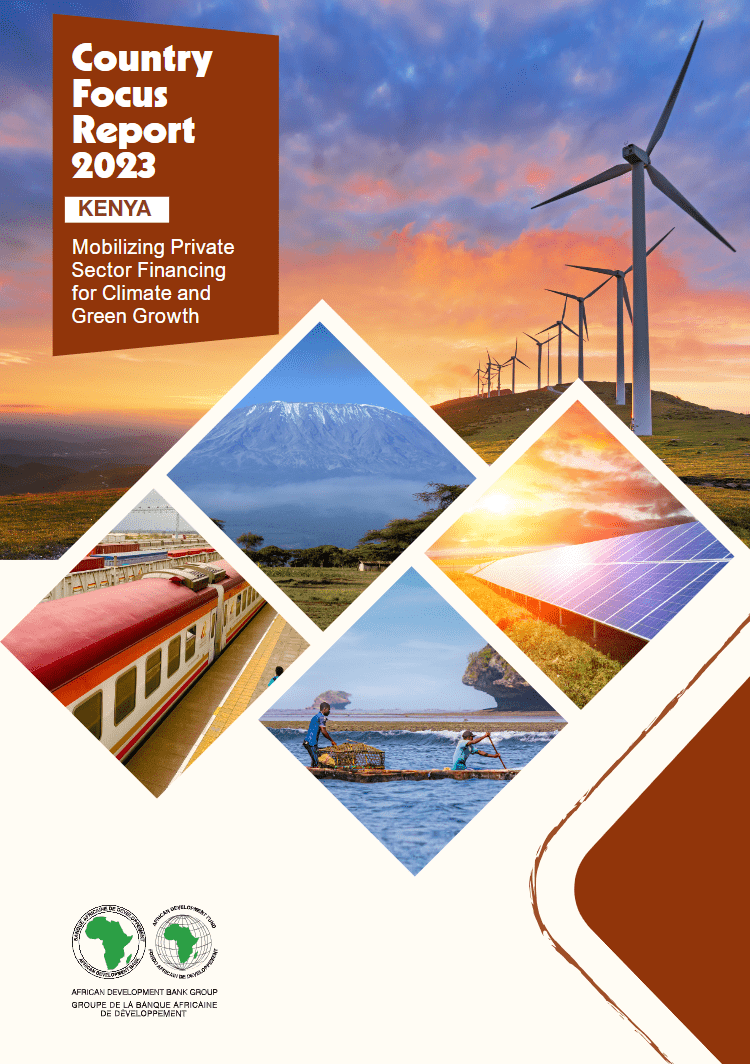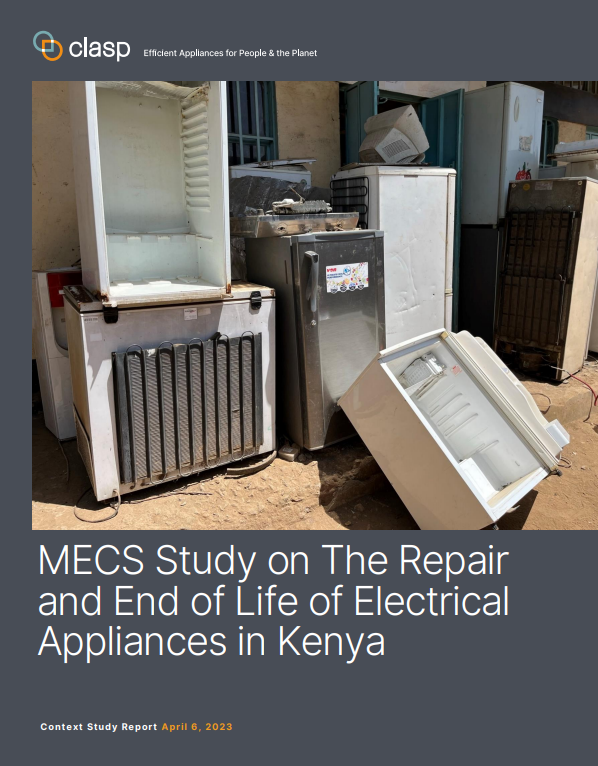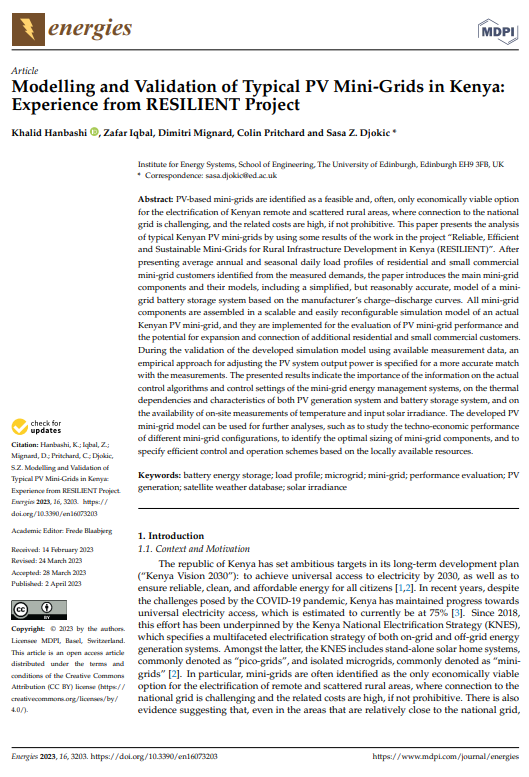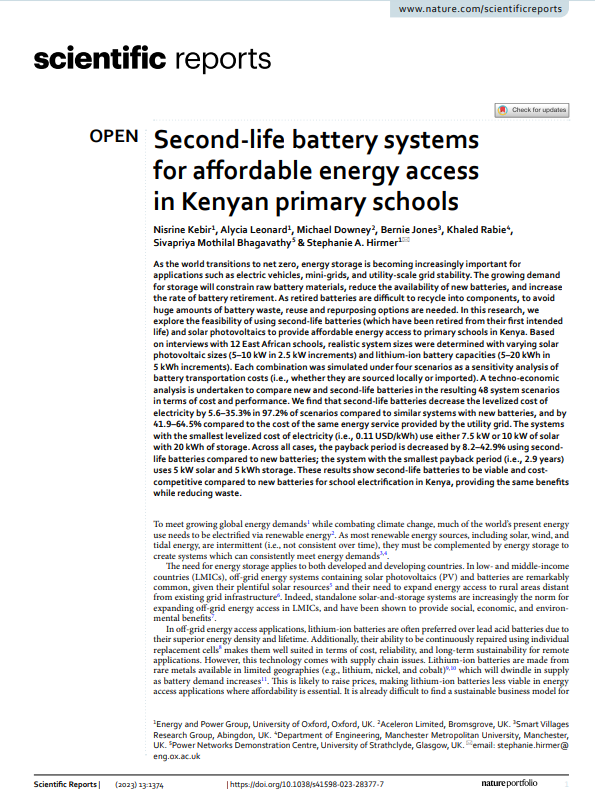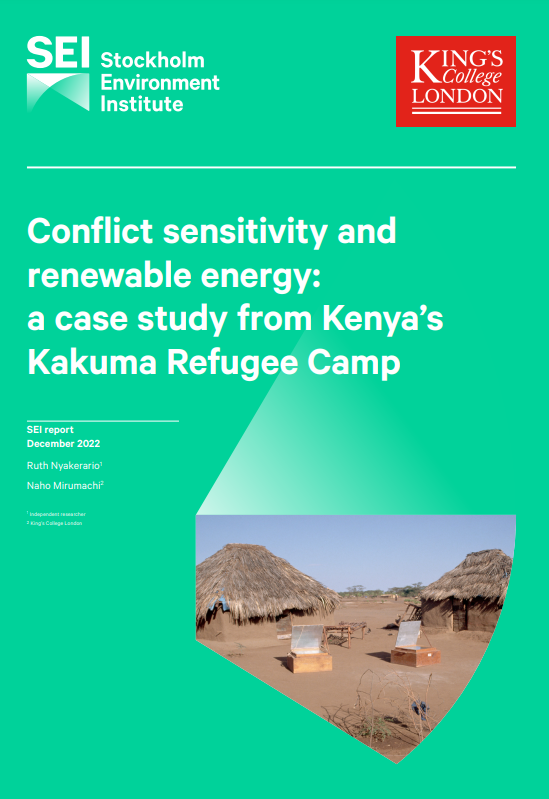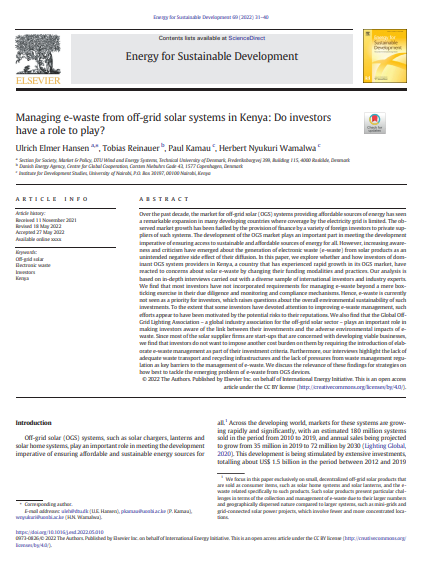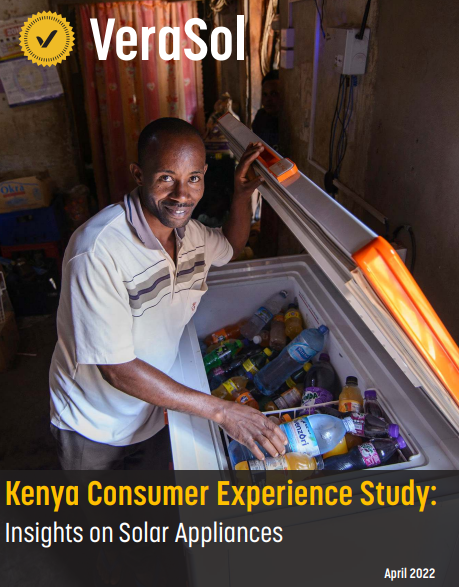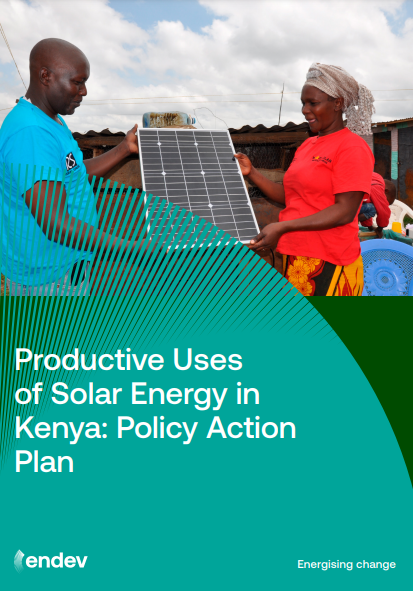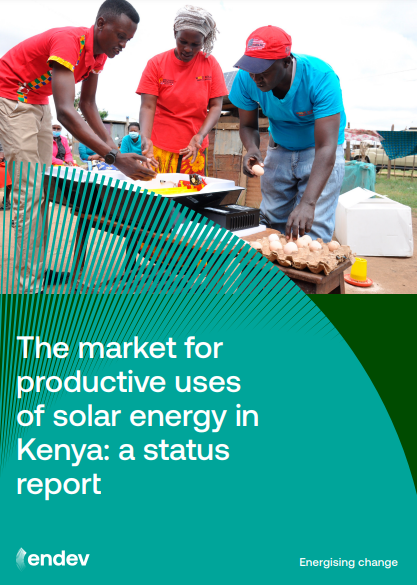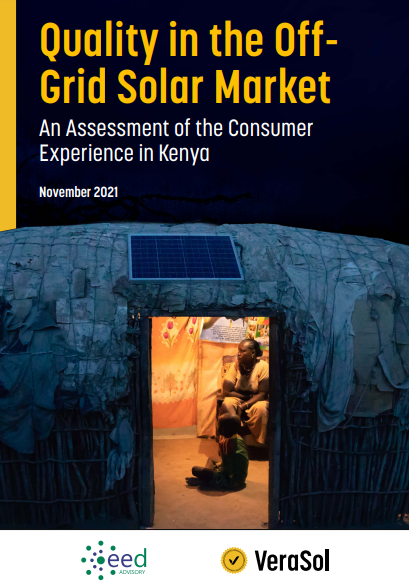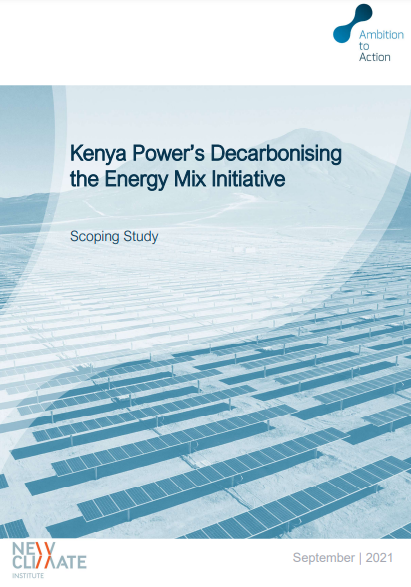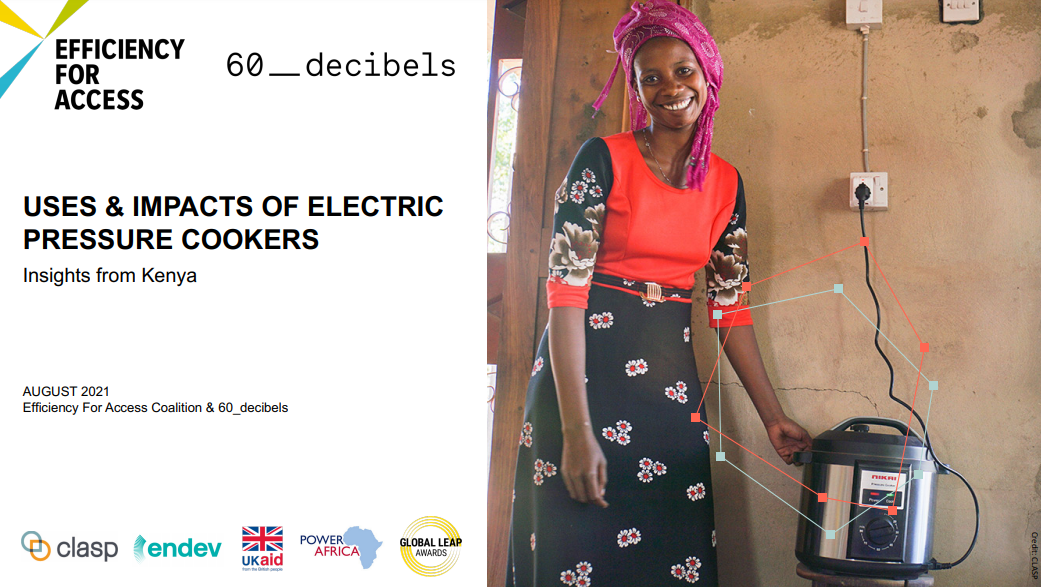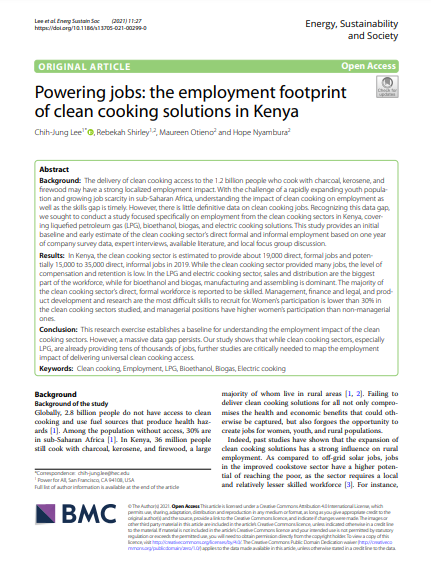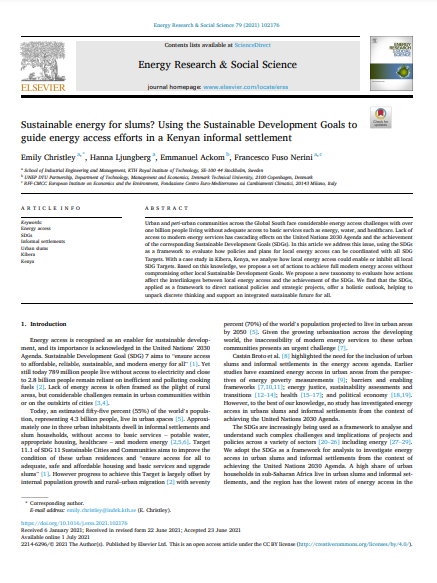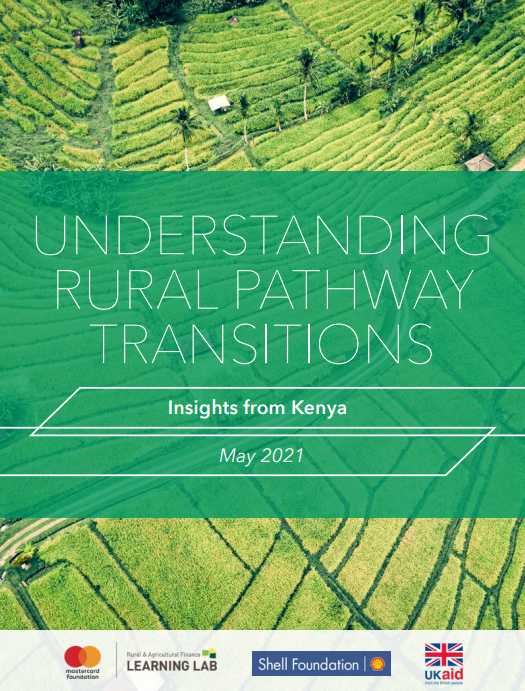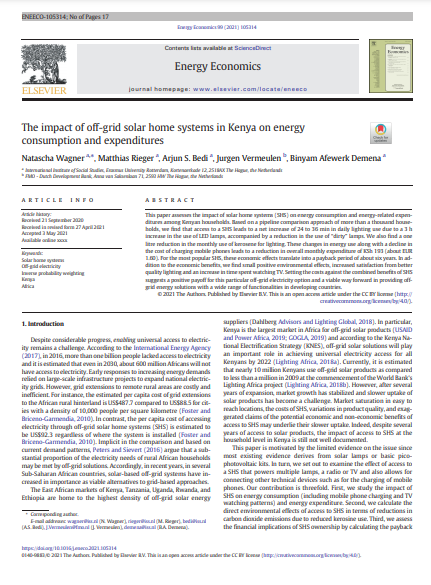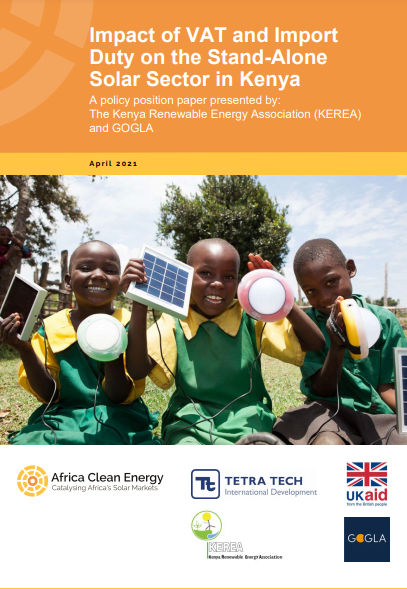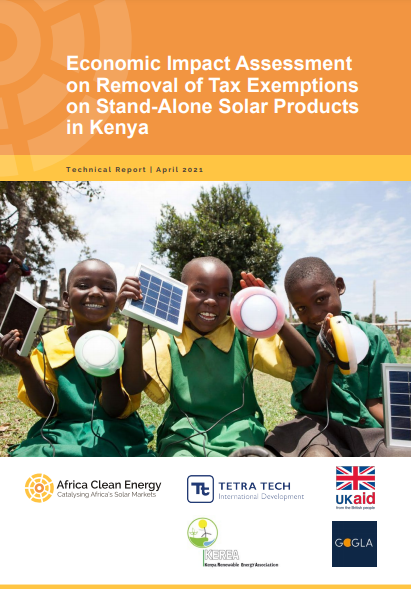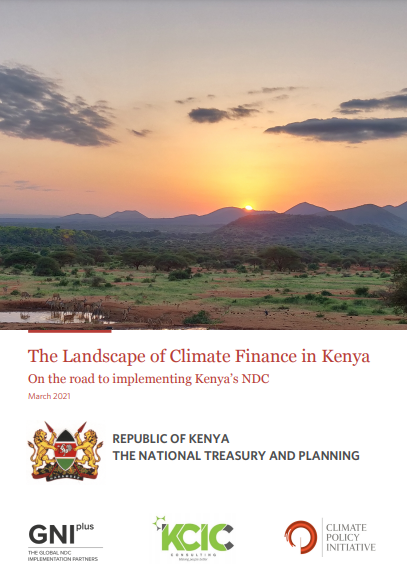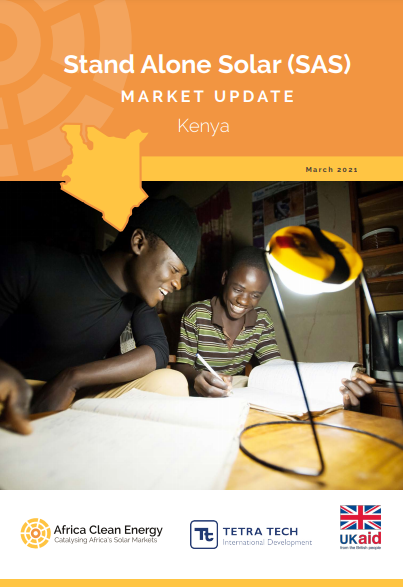Country Focus Report 2023 – Kenya – Mobilizing Private Sector Financing for Climate and Green Growth
Publication date: 28 September 2023
Author: African Development Bank (AfDB)
Description: Kenyan GDP growth slowed to 5.5% in 2022 from 7.5% in 2021. This slowdown was caused by shocks, namely drought, Russia’s invasion of Ukraine, and constrained international financial market conditions. To mitigate the socioeconomic impact of the shocks and to support growth, policy makers responded with prudent monetary, fiscal and exchange rate policies.
The outlook is positive. The GDP is projected to increase by 5.9% in 2023 and by 6% in 2024, premised on the assumption that commodity prices and global inflation would recede in the medium term. Inflation is projected to fall within the target band of 7.5% and 5.5% in 2023 and 2024, respectively; fiscal deficit to narrow to 6.1% and 5.5% of GDP in 2023 and 2024, respectively. The current account deficit is projected to narrow to 5.3% and to 5.1% in 2023 and 2024, respectively. Downside risks to the outlook include a slowdown in global growth and persistent global financial market tightening. Risk mitigation measures could include creating policy spaces by deepening the fiscal consolidation program, restructuring public debt, and seeking external financial assistance.





